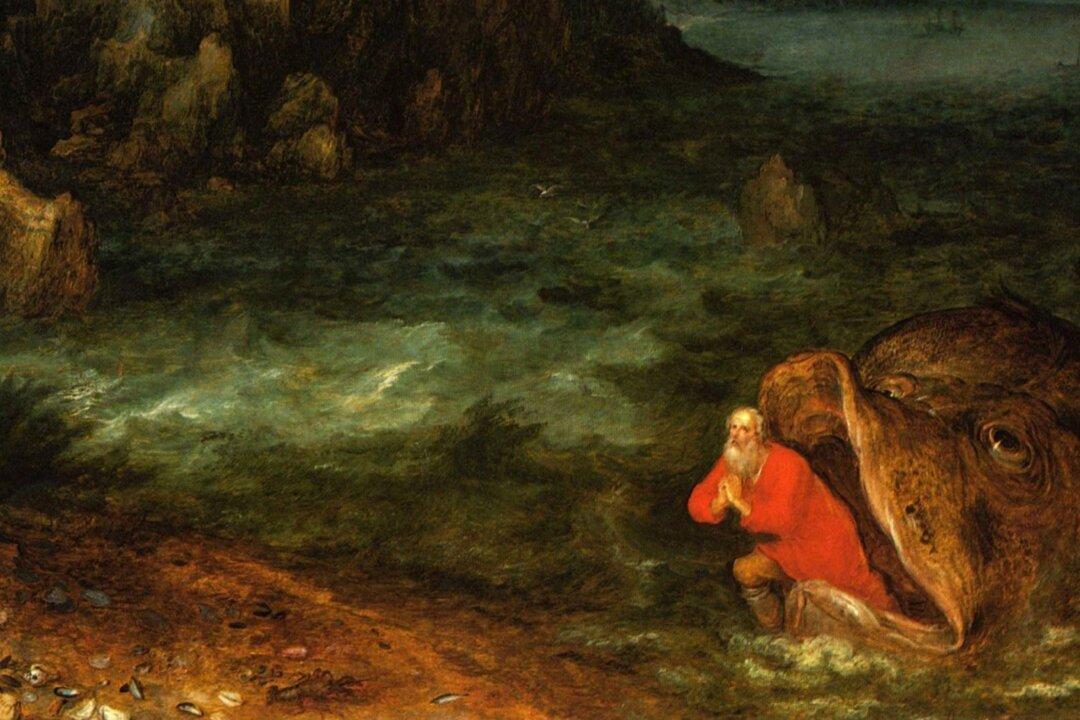We discussed in Part 1 of this article how fate or destiny seems to be an inescapable part of the human condition. Indeed, in the pagan myths even the gods themselves, including Zeus, seem to be subject to its power, although there is also the opportunity to avoid catastrophe by doing the right thing.
Zeus himself avoided being defeated by the prophecy that the son of the nymph Thetis—whom he was considering impregnating—would be greater than his father. Circumspectly, therefore, Zeus married the nymph to a human, Peleus, and their child was the great warrior Achilles; but being only human, Achilles was no threat to the supremacy of Zeus.






